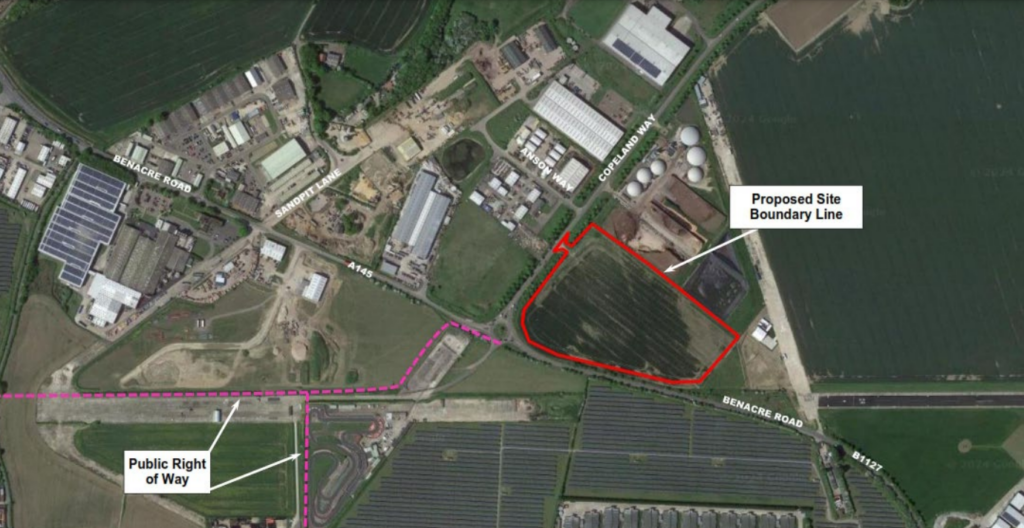The guide, supported by Defra through the Environmental Action Fund, is designed to inform the decision making process for compost producers, providing an insight into in-vessel processes.
Environment minister Elliot Morley has welcomed the guide saying that the government recognises the important role composting plays in encouraging a more sustainable use of resources; in obtaining greater value from waste and in recycling higher percentages of household waste. Adding that he “welcomes the technological advances that have been made in composting, not least in response to the Animal By-Product Regulations.”
Technologies
The main section of the guide is devoted to the technical and operating details of over 30 different in-vessel systems. These range in size from those suitable for a small community to large Mechanical and Biological Treatment (MBT) facilities. Photographs are included so readers can see the size of the unit and its likely visual impact.
On the technologies, Mr Morley said, “Local Authorities and compost producers now have a variety of composting systems to choose from and all members in the industry need to keep up to date with developing technologies. The timely update of this guide will provide a valuable resource for those considering the 'in-vessel route'.”
The guide looks at the drivers for increased composting in each of the devolved administrations in the UK and explains how in-vessel works including Hazard Analysis and Critical Control Point (HACCP) assessment.
It also covers the factors that affect in-vessel processes like temperature and porosity and has a detailed section on the types of in-vessel systems available, including containers, tunnels and silos.
benefits
A useful section on the benefits and limitations of the system demonstrates the ability for in-vessel to be designed to process a wide range of waste types including industrial wastes. In-vessel systems also mean that costs could be driven down because the sites – with less nuisance factors – could be placed nearer to the sources of waste.
On the downside, the main limitation, says the guide, is the higher capital costs for management, operation and maintenance skills, compared to an open windrow site.
The guide treats in-vessel systems as the inevitable future of composting because of ABPR; adherence to the 'proximity principle' and, the tightening of control over bioaerosols and odours in-line with environmental regulations.
A Guide to In-Vessel Composting – Plus a Directory of System Suppliers is available from the Composting Association on 0870 160 3270 and can also be ordered through www.compost.org.uk.











Subscribe for free